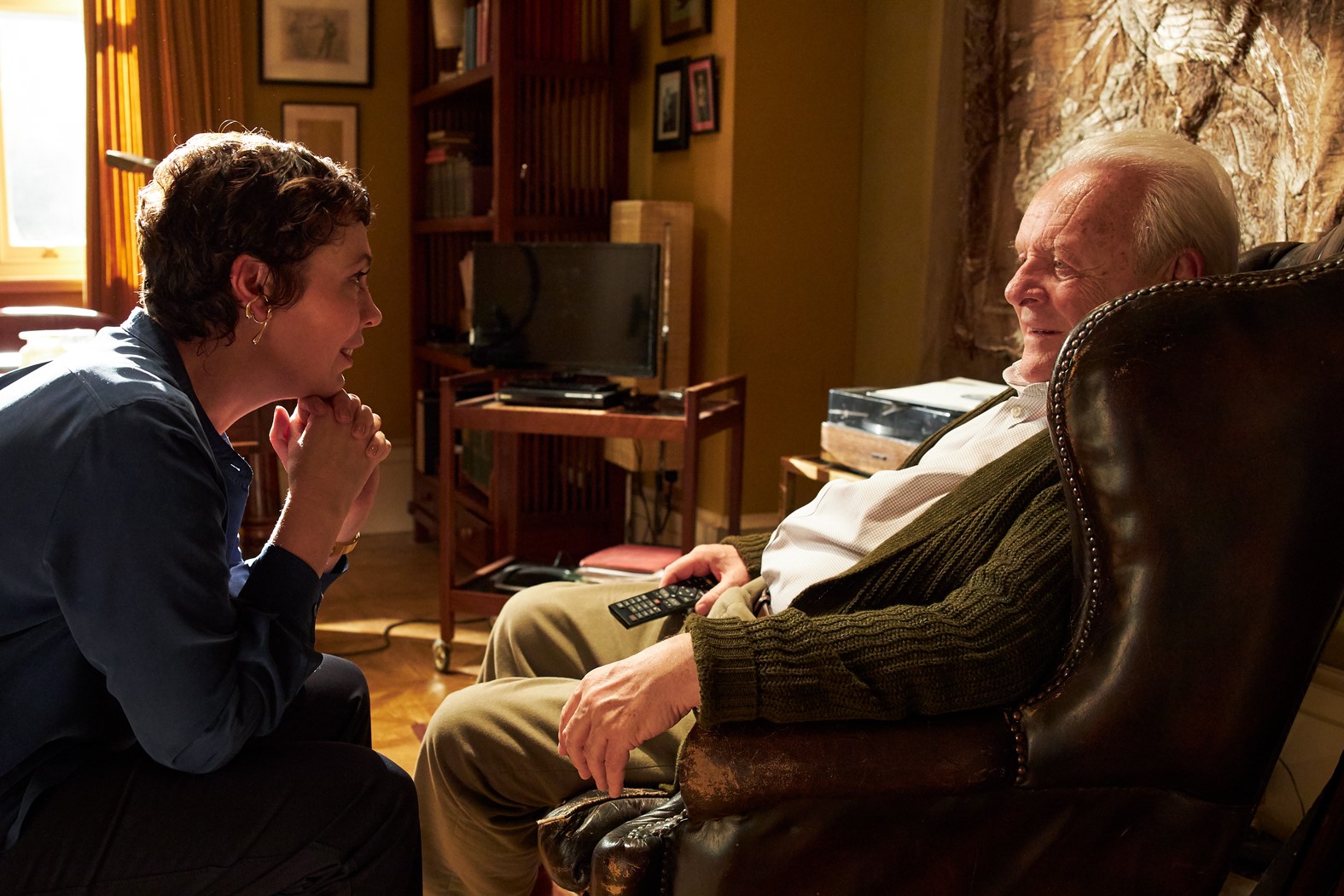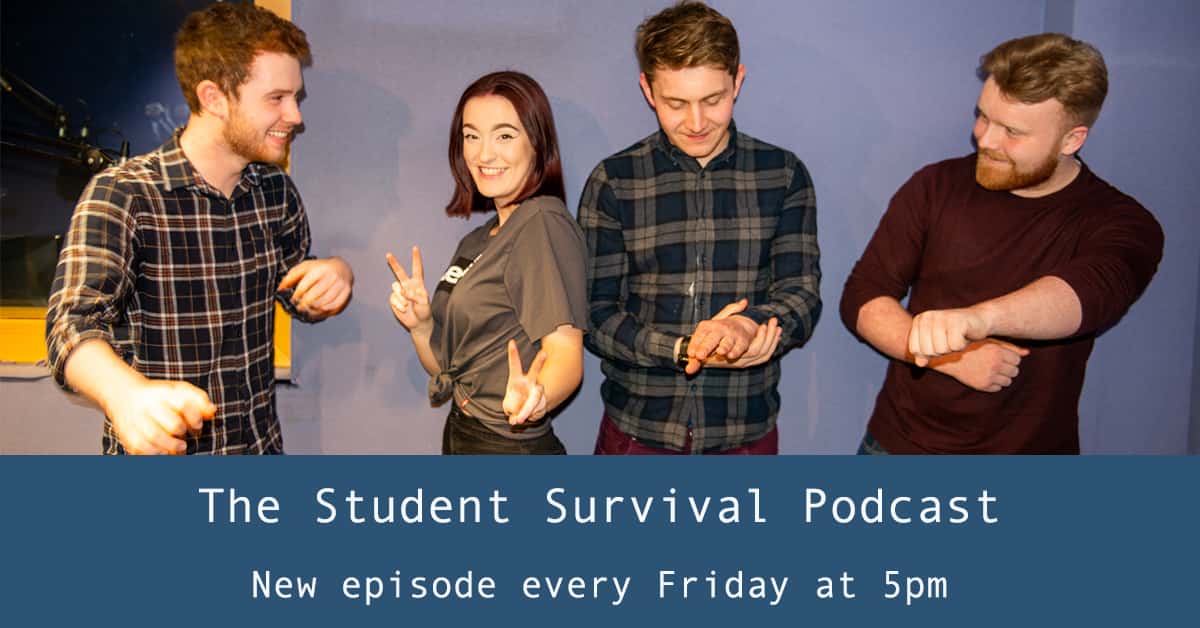Movie Review: The Father
29th March 2021
Copyright: Lionsgate
With ageism so pertinent in arts industries, it is rather compelling and reassuring to see a story of age told on such a grand scale. Tender and frail years are inevitably ahead of us all, and The Father follows Anthony (Anthony Hopkins) refusing to accept that his best years are behind him. He can no longer experience the freedom he once held but still grips to the theory that he can. He refuses aid from his daughter, and soon after his mind begins to spiral. The result is clear, and as director Florian Zeller conducts this narrative commentary on Alzheimer’s, The Father springs to life with exceptionally fastidious results.
“I don’t need help. I don’t need anyone”, and it would seem that, initially, Anthony is correct. He can manoeuvre around his flat just fine, but Zeller makes it abundantly clear that his mind is slipping and that Anthony is aware of his fragilities and detractions. He understands he is no longer a physical threat, laughing at the accusation recounted to him by his daughter, Anne (Olivia Colman). What a true pleasure it is to see Colman and Hopkins share the screen. Initially reassured that “the world is turning”, Hopkins’ performance soon begins to allow doubt to creep in. He shuffles with that strained expression on his face that I’ve seen all too often in the elderly. They mutter and stumble, their cognitive style fading. Hopkins’ rambling, stuttered fears are filling the gaps of his life. He fears the silence, and this is likely the reason for his consistent speeches. They never go anywhere, but they are compelling and filled with emotion, as Hopkins often is. He is assured of his own worth and life, but even that is not permanent.
His ability to shift from one topic to the next, ironically, requires a great level of memory from such an actor. He must link the emotions to the topic, and the topic to the performance. He charges through, remembering the past conversations with Anne and Paul (Mark Gatiss), and the dilution from Zeller is enough to fool the audience as well as Anthony. We follow the unreliable narrator, his inability to remember conversations and faces playing into his incapacity, and, whether he likes it or not, he is stumped. He is as confused and haggard by his constantly shifting environment as the audience are. It is effective, and Zeller manages to capture the frustrations of the fading mind by constantly changing the narrative. Subtly, at first, the lack of character or change of face playing tricks on the mind of Anthony, but the stubborn attitude remains, and it is why it is so easy to relate to Hopkins’ frustrations and anxieties.
It is a remarkable performance, and such an impressive achievement to crack out one of the best in his career so late in the game. My surprise comes not from Hopkins’ age, but his ability to stay in the running this long. So many have hit their peak and petered out over the years, but Hopkins is a rare breed. He has flown high for so long. It is impressive. The Father offers one of his finest performances. It is up there with Hannibal Lecter and Frederick Treves. Here, though, Zeller presents him the chance to dominate the scene. He is the man spinning the story, through accidental, blunt ramblings that affect his daughter and the various characters that crop up throughout. With Laura (Imogen Poots), her giggly nature fades almost as quickly as Anthony flickers from reliving his glory days as a tap dancer to a sudden realisation that Laura and Anne, allegedly, bring out the worst in him. He is paranoid and angry; it is all a mask for fear.
Masks are worn by all those that feature. Colman struggles on as best she can to care for her father, but it is a burden that she, and many families across the world, are incapable of handling. It is the impossible task, and her performance is a fantastic rumination on such difficulties. Our parents are there to care for us, in an ideal world. When the tables turn, though, and we are left to care for them, it is terrifying and difficult. That much is shown in The Father, which separates its feelings of grief and anger into separate entities. Gatiss and Rufus Sewell prepare the anger, whilst Colman charges forth with such an astounding command of love and sadness. It is hard to know how to feel for someone inadvertently causing struggle. Love will prevail, but it is hard to love the hurt and hate those at harm can spit at us.
I see a lot of my own grandfather in Hopkins’ performance here. He is not frail or battered, but stubborn and spirited. Anthony is convinced he can survive and thrive on his own, but the second any thought of abandonment breaks in, he is vulnerable and scared. Change scares him. His surroundings change. The Father plays out like a horror, where one man comes to terms with an environment that will forever be unfamiliar to him. That scares me, and I am sixty-one years junior to Hopkins, yet his problems are my problems. I fear the day this may happen to me. The Father is good at that. Invoking fear is not its aim, but an inevitability of its suspicious leading man, and as Anthony questions everything and anything around him, he loses his grasp of time, space and surrounding. We do too, eventually.
![]()


